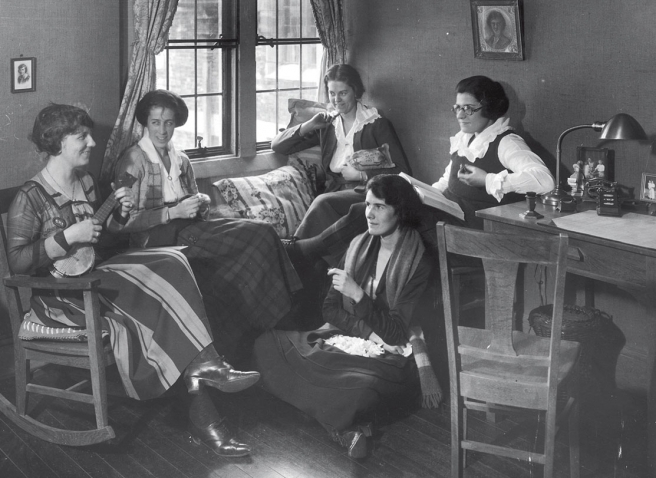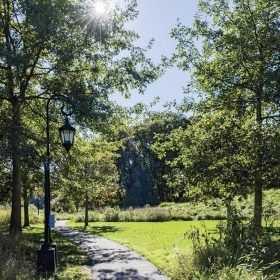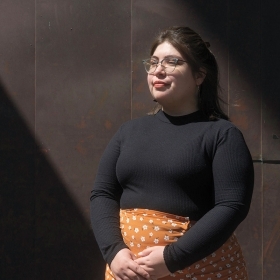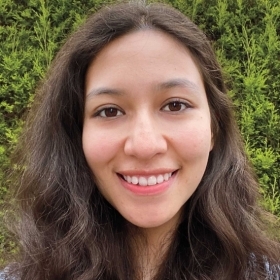Students in Tower Court during the 1918–19 academic year
Photo courtesy of Wellesley College Archives
“None of us feels sure just what is going to happen before next fall, or takes it casually for granted that September will bring joyful reunion. Returning to college is no longer the matter-of-fact event it used to be for the majority. There is a new question arising and growing daily in proportion—‘Have I the right to stay in college?’” These words, published in the Wellesley News, express quandaries familiar to students today. But this writer has never heard of COVID-19. Instead, she laments here the loss of “the usual carefree ‘goodbye’ till next fall’” that she feels from her vantage point in history—June 1918.
At a time when the word “unprecedented” lurks around every corner, looking back at even a sliver of what humankind has experienced is pretty extraordinary. Throughout the College’s history, we can find stories to take comfort in, a trail of breadcrumbs to remind us of the challenges that past Wellesley students, faculty, and staff have faced and overcome.
Commencement in 1918 marked “the first hint of a war commencement,” one News reporter noted, another commenting, “It has taken time to adjust ourselves in the totally strange situation of students during days of warfare.” Student journalists noted the simplification of several events over 1917–18 due to the war (adding that students showed off class rivalry that year in the “Junior-Sophomore surgical dressings competition”).
But in the fall, it was the Spanish flu that the College battled. In an October issue of the News, one writer weighed in, “We have been unusually fortunate throughout the epidemic, for we have not been obliged to leave college as have the Smith girls, nor have we had as many cases as have Vassar and Holyoke.” Wellesley students experienced some level of restriction from the fall of 1918 through February 1919. During the fall semester, that meant quarantine on campus, with a prohibition on students traveling even to the Vil.
At the start of the spring semester, the quarantine was loosened, with restrictions mainly on activities in Boston, such as going to the theater or other large gatherings. In January and February of 1919 during this loosened quarantine period, commentary frequented the pages of the News. There were numerous reports of students disobeying the College’s instructions, and calls both to lift the “inconsistent” and therefore “needless” quarantine and to take it more seriously, as “ladies will.”
On campus, some residential spaces were converted to accommodate the overflow of students from the infirmary. The 1918–19 President’s Report records the death of one first-year student and 255 overall cases of the influenza, 20 of which were treated away from the school. “The College owes a debt of gratitude to the many alumnae who volunteered their services during the period of anxiety, to the members of the faculty who carried extra responsibility of various kinds, and to the splendid spirit of the students who loyally accepted the inconveniences and restrictions upon them,” wrote President Ellen Fitz Pendleton 1886, Wellesley’s first alumna president.
Despite the turbulence of this time period, Wellesley students still found humor in their college experience. The News’ humor page, “Parliament of Fools,” featured two columns on the flu in one October 1918 issue: “Little Orphant ’Enza” and “Ravings of Influenza.” The former rhymes, “The posters all advise us as to and fro we pass, / That it’s bad to lick your fingers, or kiss your / friends in class.”
Similarly, decades later, students bore the repercussions of World War II at the College with good humor. A June 1943 News piece announced, “Commencement weekend, regardless of rationing, weather, and all other hindrances, ran true to form this year at Wellesley,” adding that the ceremony included the usual Wellesley traditions.
That year and the following, reunions were canceled because of the war. Nonetheless, some local alumnae did gather on campus for a simplified annual meeting. In a 1945 issue of the News, Assistant Secretary to the President Virginia Eddy is quoted as saying, “Commencement has just never seemed like Commencement since the Alumnae have stopped having their reunions. … That’s the thing that has made the big change in our wartime exercises.”
Pieces of these past experiences echo in our current moment. While that does not mean we’ve “been here before,” it does go to show that the College and its students have been through a lot. And during unusual times on campus, debate and support within the community stayed true, as did appreciation for the College’s traditions and its alumnae. So, what’s to be gained by comparing all this to the present? Maybe, when so much today depends on isolation and distance, looking back on our Wellesley siblings can make us feel just a little less alone.








We ask that those who engage in Wellesley magazine's online community act with honesty, integrity, and respect. (Remember the honor code, alums?) We reserve the right to remove comments by impersonators or comments that are not civil and relevant to the subject at hand. By posting here, you are permitting Wellesley magazine to edit and republish your comment in all media. Please remember that all posts are public.